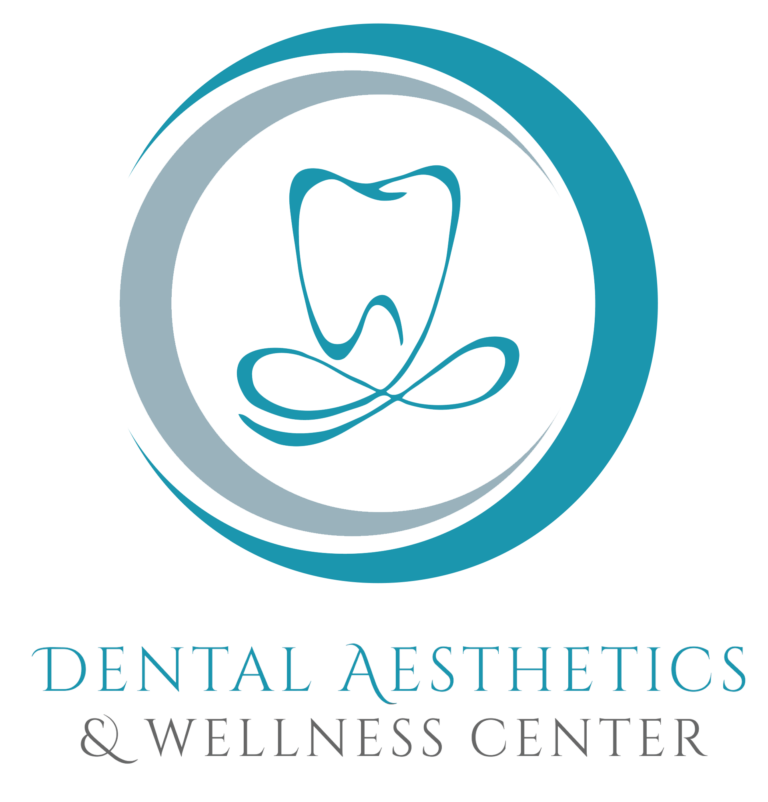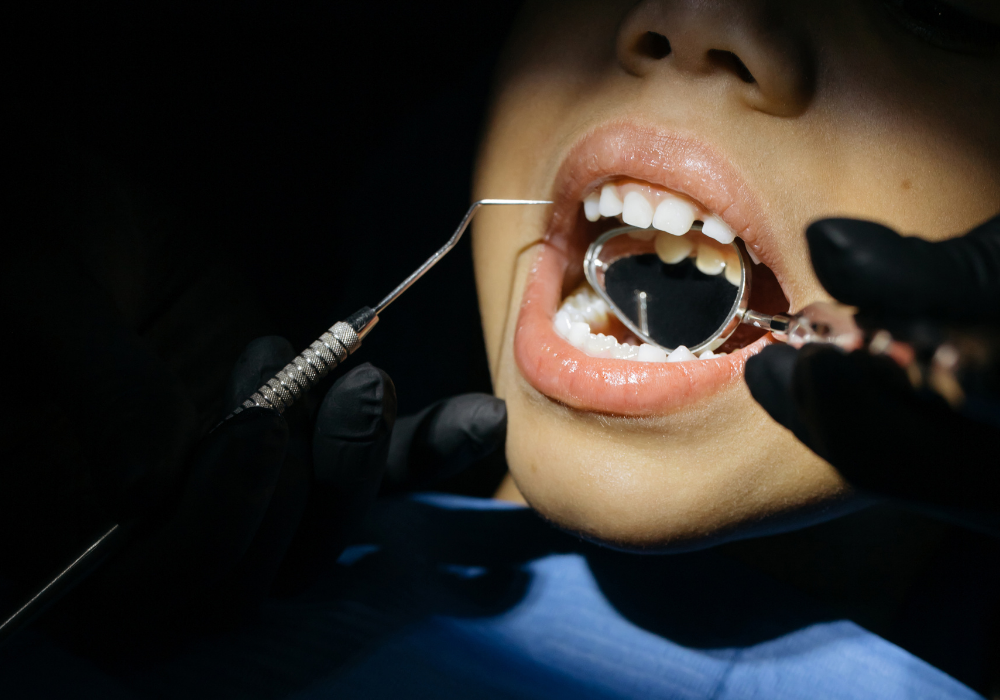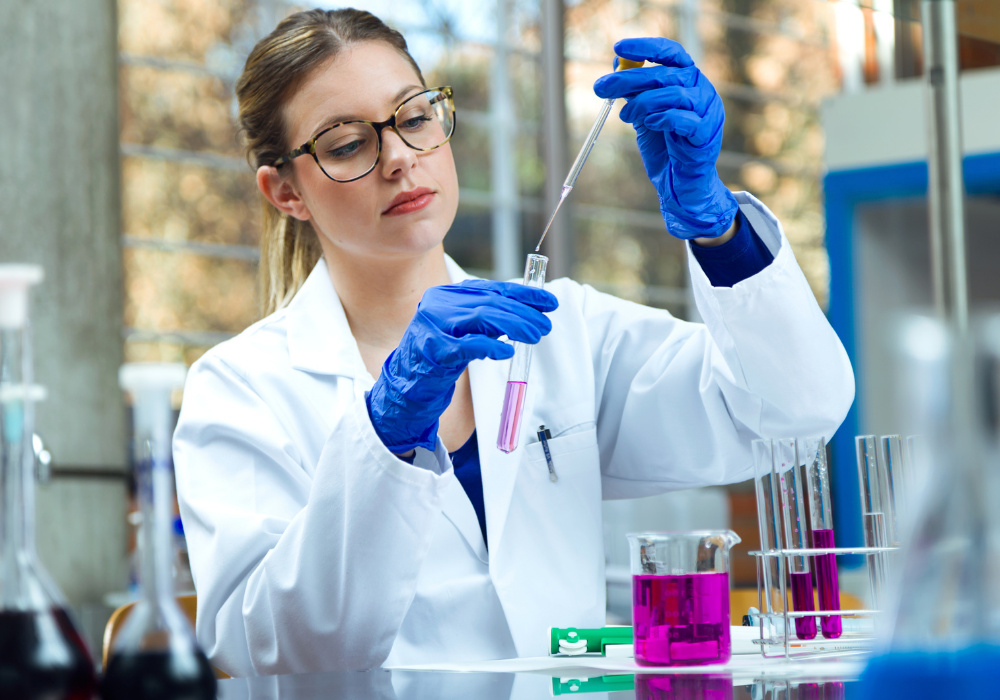
Mon, Tue, Thu: 9:00 am – 5:00 pm
Wed, Fri: 10:00 am – 6:00 pm
Sat & Sun: By Appointment

Mon, Tue, Thu: 9:00 am – 5:00 pm
Wed, Fri: 10:00 am – 6:00 pm
Sat & Sun: By Appointment

Every cancer is different, just as every patient is different. Our genomic assessment test helps to identify DNA alterations. These mutations can contribute to a particular tumor. Early detection allows targeting the specific tumor’s genomic profile. Our cancer genomics testing analyzes a patient’s DNA to identify mutations that may increase the risk of hereditary cancer. A comprehensive detection report indicates a patient’s potential susceptibility to various hereditary cancers using the latest sequencing technique. This next-generation sequencing technology provides accurate, rapid results.
The information retrieved from this testing technique can help a clinician develop a personalized therapy after studying your genomic mutation. Our cancer genomics testing analyzes a total of 37 genes. With the help of this test, over 18 different cancers can be detected. Your oncologist will determine whether you are a candidate for a cancer detection test or not. Remember, not every patient is the right candidate for genomic testing.
Scientists have been looking to improve ways to detect and treat cancer. Radiation therapy and chemotherapy showed a lot of promise, but both these treatments had their own drawbacks. Unfortunately, chemotherapy fails to distinguish between cancer cells and normal cells and therefore results in side effects. Similarly, radiation therapy in its early days failed to treat cancer completely as later tests showed the presence of cancer cells after successful therapy.
In the past decade, medical research has contributed a great deal to improving these therapies. Today, they are more targeted than ever with minimal side effects. As a result, radiation and chemotherapy have helped millions of cancer patients live longer.
Although these therapies have come a long way, they still have their side effects and limitations. For example, two patients may display similar symptoms and imaging results and receive the same chemotherapy regimen. However, it may yield very different results for both patients due to differences in their molecular makeup.
The solution to this problem was found by the Human Genome Project. This project, completed in 2003, allowed researchers to map the human genome. As a result, researchers were able to link various diseases to the genetic code, including colon cancer and Alzheimer’s disease.
Using this technology, scientists have discovered that the genes BRCA1 and BRCA2 are associated with ovarian and colon cancer. With these discoveries, researchers have developed treatments for breast cancer that regulate HER2 protein production.
These drugs, developed from genome research, are standard treatments for various cancers, including ovarian, breast, and lung cancer. They target genetic abnormalities by detecting mutations. Dental Aesthetics and Wellness Center serves around Aliso Viejo, Mission Viejo, San Juan Capistrano, Laguna Beach, Laguna Niguel, Laguna Woods, CA.

You are at an increased risk of hereditary cancer if you have a history of the following.
⦿ You have more than one cancer
⦿ You have family members above the age of 50 who have been diagnosed with cancer.
⦿ Your close family members (three or more) have different types of cancer
⦿ Someone in your family had a cancer detection test, and the mutation was identified
The cancer genomics test is quick and straightforward. For more information, please visit our office.
Monday: 9:00 am – 5:00 pm
Tuesday: 9:00 am – 5:00 pm
Wednesday: 10:00 am – 6:00 pm
Thursday: 9:00 am – 5:00 pm
Friday: 10:00 am – 6:00 pm
Saturday: By Appointment
Sunday: By Appointment
Monday : 9:00 am – 6:00 pm
Tuesday : 9:00 am – 6:00 pm
Wednesday : 10:00 am – 6:00 pm
Thursday : 9:00 am – 6:00 pm
Friday : 10:00 am – 6:00 pm
Saturday : By Appointment
Sunday : By Appointment
Dental Aesthetics and Wellness Center ©2026 | Powered By All Practice Solutions